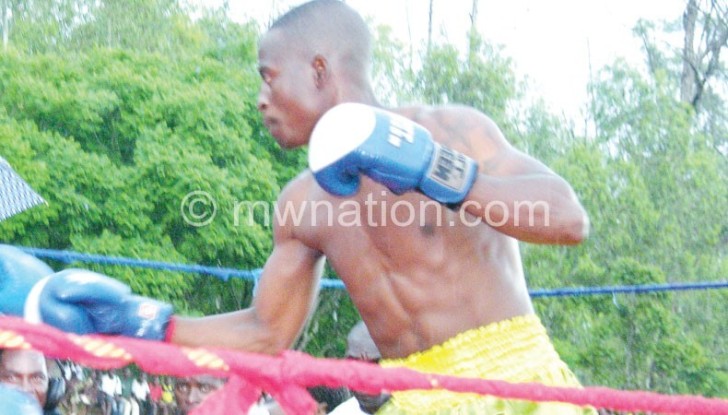Make money from clubs, not national teams
Malawi National Council of Sports executive secretary George Jana, reacting during the week to the netball Queens’ show of shame in New Zealand amid discontent over outstanding dues, made it blunt that “players need to be professional and fight to deliver on a programme regardless of whether they were paid or not. Self-pride and spirit of achievement must drive that profession. Allowances do not play the sport.”
Jana’s remarks highlight professionalism, pride and spirit of achievement. However, few domestic athletes understand professionalism because the sport set up is, putting it mildly, unprofessional.
On pride, inability to groom athletes for future national duties and chaotic player-selection, has left athletes representing the country without a grasp of what a privilege it is so.
The council must produce a national teams’ selection policy.
On spirit of achievement, the challenge is that we are in a sports era where money is everything.
For example, in South Africa, midfielder May Mahlangu has been banned from Bafana Banafa for excusing himself from yesterday’s game against Sudan citing fatigue.
In contrast, Africa greats of old such as Peter Ndlovu could play for Sheffield Wednesday in the UK on a Saturday, catch a flight after the game and travel many punishing hours to captain Zimbabwe’s Warriors the following day.
At the bend of the century, George Weah could bail out cash-strapped Liberia football association by paying national team players’ allowances.
Elsewhere, Cristiano Ronaldo, Yaya Toure and Lionel Messi made their fortunes from successful club careers and not from their respective national teams.
Just earning a Flames a Flames call-up should be a priviledge footballers is a privilege to do so.
Hard working footballers use such a platform to attract top clubs and sponsors.
For example, Mwawi Kumwenda was earning peanuts; almost playing for charity when representing Malawi Under-20 netball team at a Singapore World Championship from where Australian side, Peninsula Waves, spotted her in 2012.
Now, while the New Zealand-based Mwawi has a right to protest against the Netball Association of Malawi (NAM)’s failure to motivate the Queens and indeed grow the sport, one does not play for NAM, but a country. Playing for the country is not a favour.


